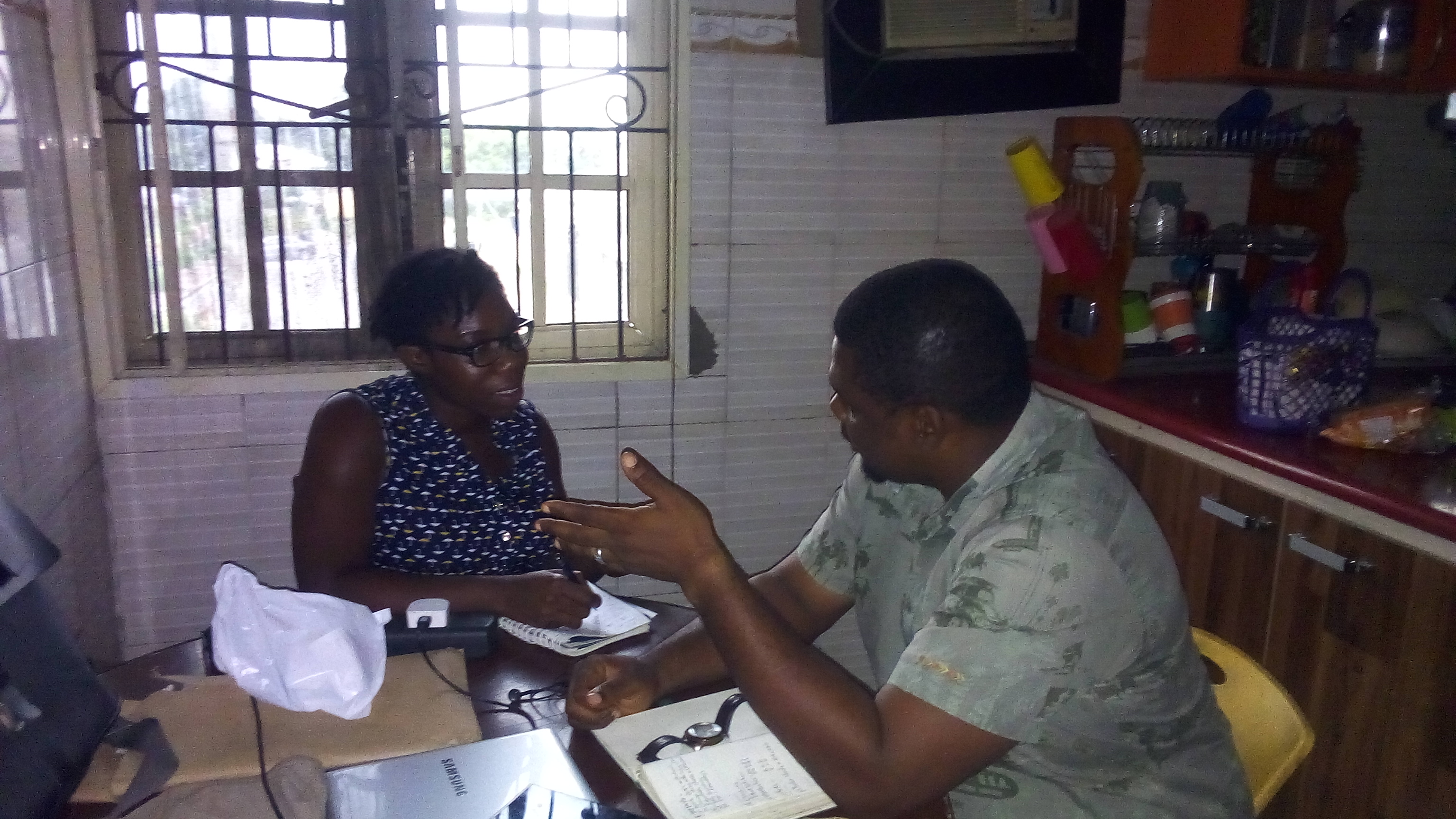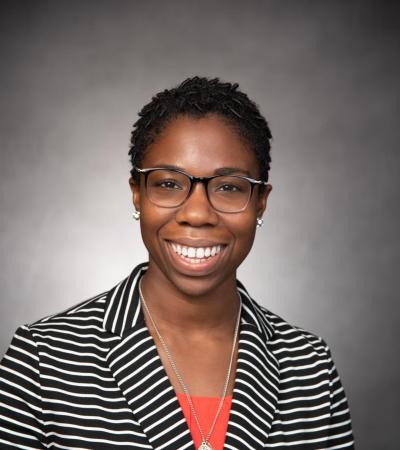Compassion in Nigerian Healthcare
Undergraduate Summer Research Grants
 This summer, I received a Kellogg Research Grant to conduct research in Enugu-Ukwu and Nawfia, Anambra State, Nigeria for six weeks. My research focused on assessing the level of compassion that patients sense they receive and the amount of compassion that doctors/nurses believe that they convey during care. I wanted to understand how this factor of compassion affects patient satisfaction with care as well as what factors might prove to be a barrier to this compassion in care. I plan to use these perceptions of care, especially its compassionate or non-compassionate nature, to develop my International Development Studies Capstone, under the guidance of Prof. Vania Smith-Oka. I will explore these perceptions of compassion from both the patient and doctor/nurse point of view, how much value people attribute to compassion in healthcare, and barriers to compassion in healthcare settings in the Nigerian context.
This summer, I received a Kellogg Research Grant to conduct research in Enugu-Ukwu and Nawfia, Anambra State, Nigeria for six weeks. My research focused on assessing the level of compassion that patients sense they receive and the amount of compassion that doctors/nurses believe that they convey during care. I wanted to understand how this factor of compassion affects patient satisfaction with care as well as what factors might prove to be a barrier to this compassion in care. I plan to use these perceptions of care, especially its compassionate or non-compassionate nature, to develop my International Development Studies Capstone, under the guidance of Prof. Vania Smith-Oka. I will explore these perceptions of compassion from both the patient and doctor/nurse point of view, how much value people attribute to compassion in healthcare, and barriers to compassion in healthcare settings in the Nigerian context.
My methodology included semi-structured interviews and two widely recognized survey instruments to measure compassion: the Jefferson Scale of Physician Empathy for health providers to assess themselves, as it is widely used to analyze empathy specifically in patient care situations, and the CARE Measure will be used for patients to evaluate their healthcare providers. I interviewed about 50 patients, doctors, and nurses in Enugu-Ukwu and Nawfia who discussed their opinion about the level of compassion that they either give (as health professionals) or receive (as patients) in their healthcare experiences.
Based on the interviews and surveys I conducted, I believe most of my data will be helpful in answering my research question. However, not all my interviews were very fruitful because I ran into an unanticipated language barrier that prevented me from obtaining as much from the interviews as I would have liked. Though I was in the same general area where I conducted some research during the summer of 2016, I did not factor in the fact that the General Hospital where I conducted my project would have far less people with a higher education/socioeconomic level than the private hospital where I was during the previous summer. Therefore, Igbo rather than English was the language patients preferred for communication. This was a major oversight that I wish I had spent more time considering before beginning my project. I was able to communicate at a moderate level, but not able to get as much depth from some of these conversations. Though, where the interviews are insufficient I believe I can reasonably rely on the surveys to help fill in some of the gaps in understanding patients’ assessment of the compassion they receive in their healthcare experiences.
One theme that continued to emerge in my data was how large of a factor the cost of care played in both patient and doctor perception in compassionate care. Most patients reported satisfaction with compassion received in their care as long as they felt they had sufficient time to voice all of their concerns to the doctor, they were able to see the doctor and attain the drugs at a reasonable price, and the treatment was effective. The economic downturn in the country made this a priority for patients so that they would still be able to afford their other essential needs after seeing the doctor. Another prominent theme was the great effect that poor working conditions had on doctors, who voiced that though they try to do their best, they cannot give what they do not have when it comes to compassion. Use of the indigenous language, Igbo, was another important factor for patients comfortably express themselves and not feel that they were being belittled by the doctor/nurse.
I found it extremely difficult to force myself to encounter and converse with so many strangers and attempt to speak with them about a topic that is not commonly held as a priority in their own society. The greatest added pressure was probably the fact that I had to converse in a language I am not one hundred percent fluent in. There was indeed a great amount of fear that I had to overcome each day to encounter each person and have these conversations. Despite these challenging factors, I still had to do my best to maintain a level of confidence in order to recruit participants and keep them engaged in conversation, though this did not always happen. Needless to say, I received many quizzical looks over the course my time conducting this project. Though compassion/empathy is not a commonly discussed concept in Nigerian culture, my hope was to engage in conversations that will eventually increase awareness about compassionate care to make this a greater priority among Nigerians. Specific factors that continued to come up in conversations such as cost of care, language, power dynamics, and hospital environment contribute to enhancing or compromising these perceptions.
Though difficult, this was a very valuable endeavor for me as it truly deepened my understanding of how healthcare and life in general operates at various levels in the Nigerian context. This experience helped inform my understanding of the Nigerian cultural context in which I hope to collaborate with other health professionals in the future. I grew to understand potential healthcare assets that can be cultivated in the Nigerian context, which will be my primary focus as I work to further my career in global health to improve patients’ healthcare experiences.
I am forever grateful to Kellogg for the incredible experiences they have afforded me to travel abroad and be enriched through such dynamic experiences. I have learned to humbly grow in understanding as well as learn how to meaningfully engage in a society that I am not familiar with. This has been such a gift, especially since I intend to pursue a career in global health as a medical doctor in the future. I have learned that through research one may not find the exact answers he or she was hoping to find, and the work one does may not necessarily be groundbreaking. However, the most important thing about the research process is humbly recognizing that it is a journey of continually growing in understanding. There is such a profound beauty in receiving the stories of others, and allowing those stories to shape oneself and help one make more sense out of the world we live in. It is only from this humble disposition that one can then pursue the gradual act of collaboratively working towards greater justice and human dignity for our fellow human beings.






